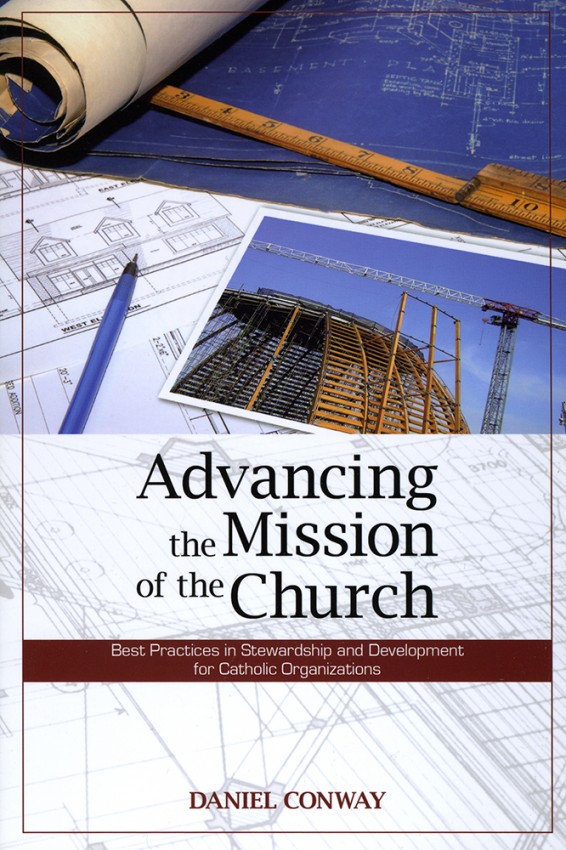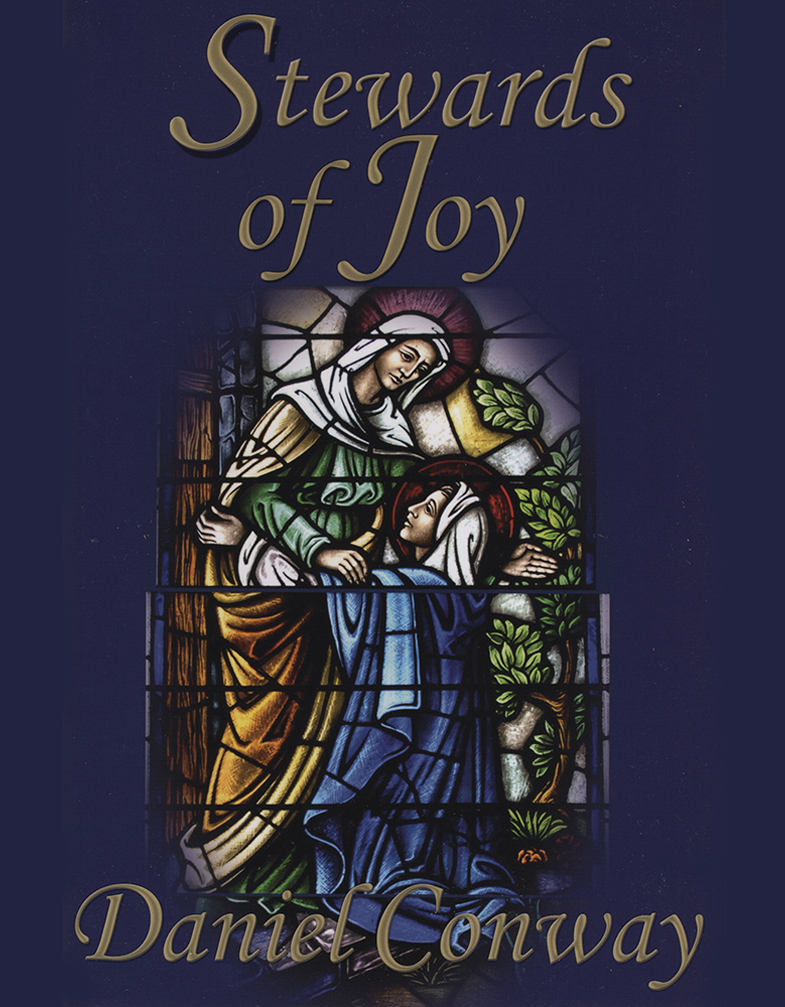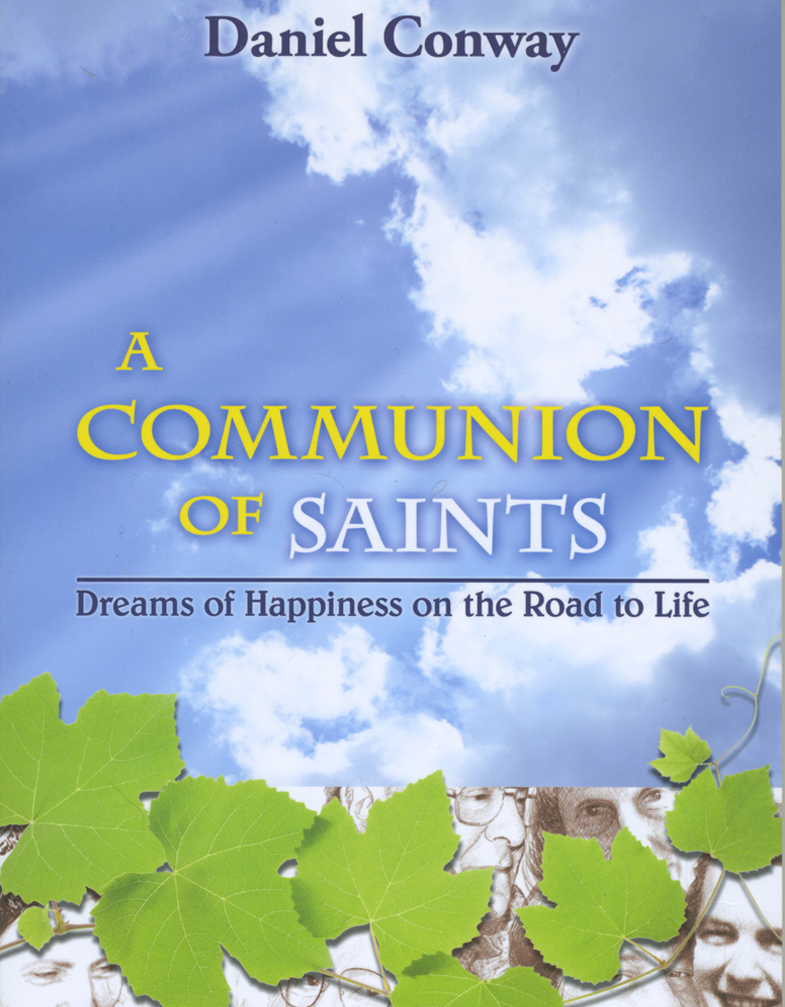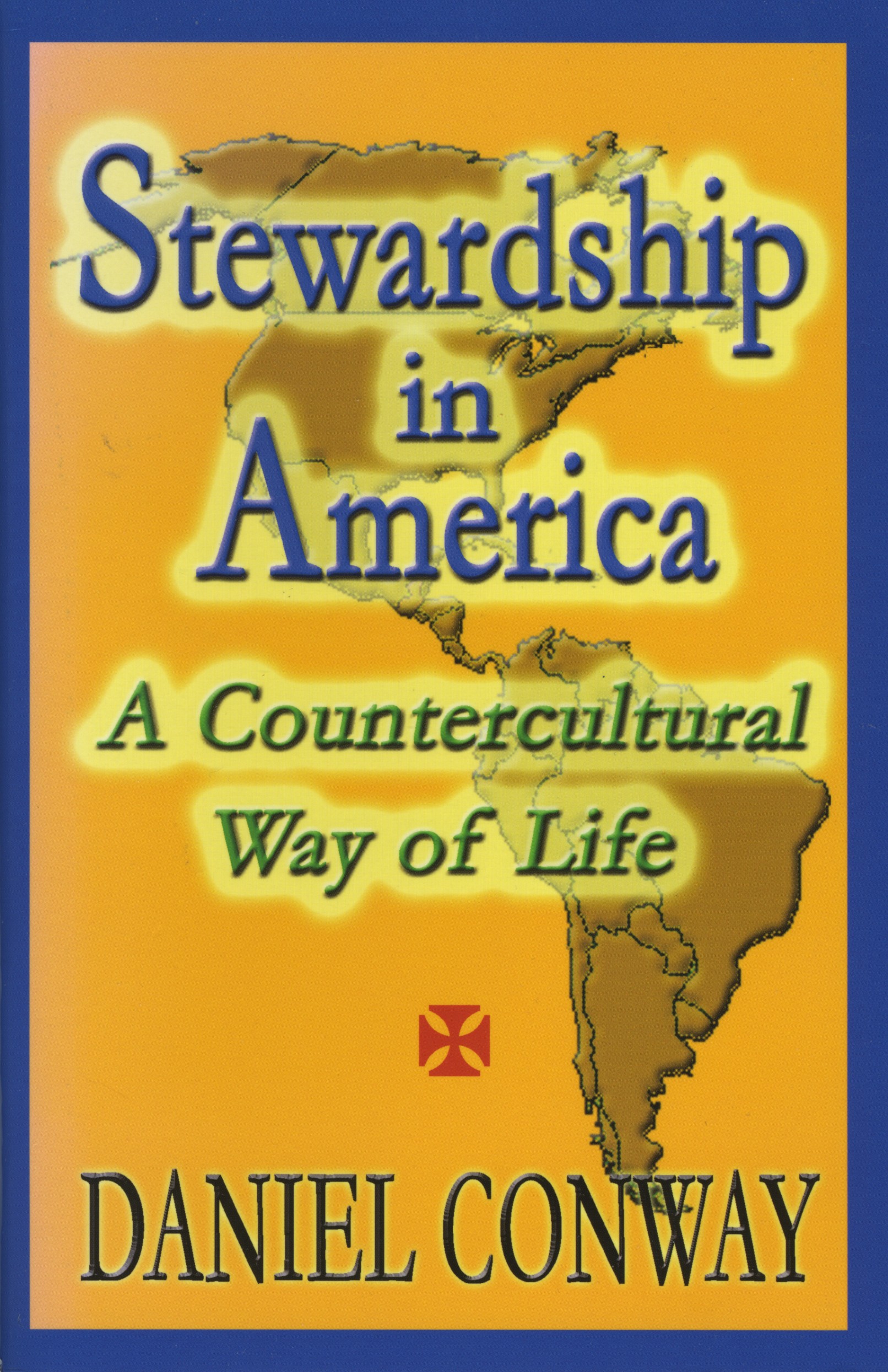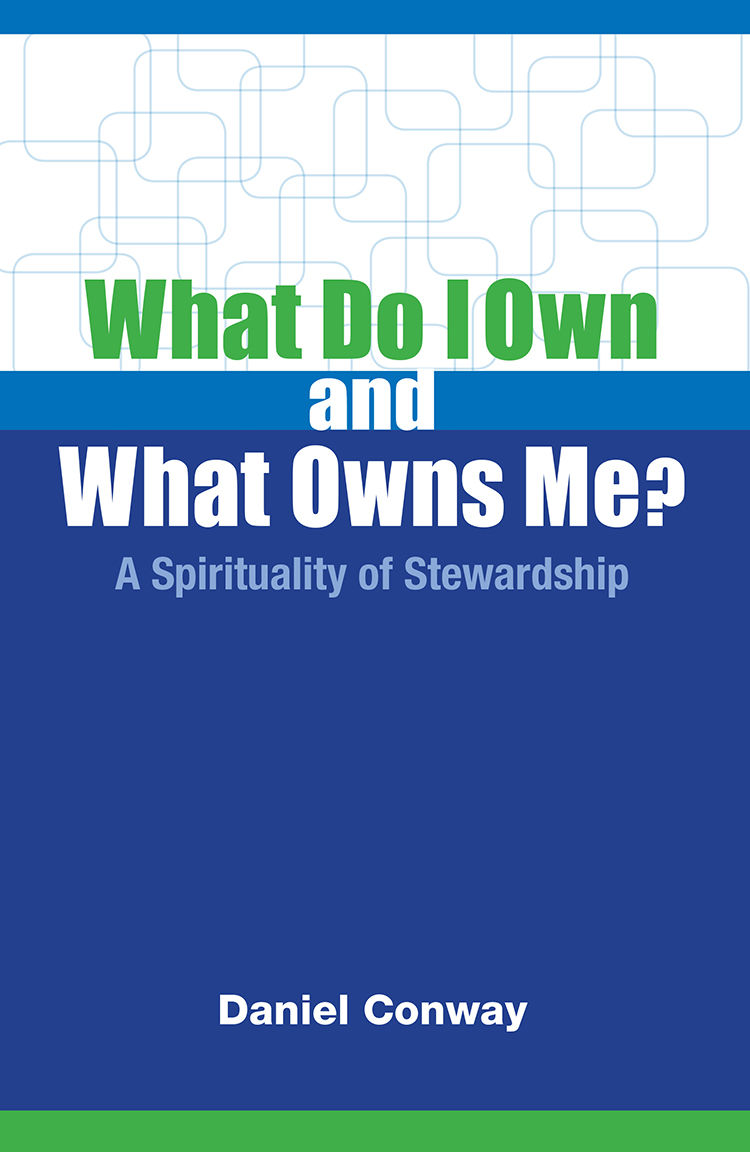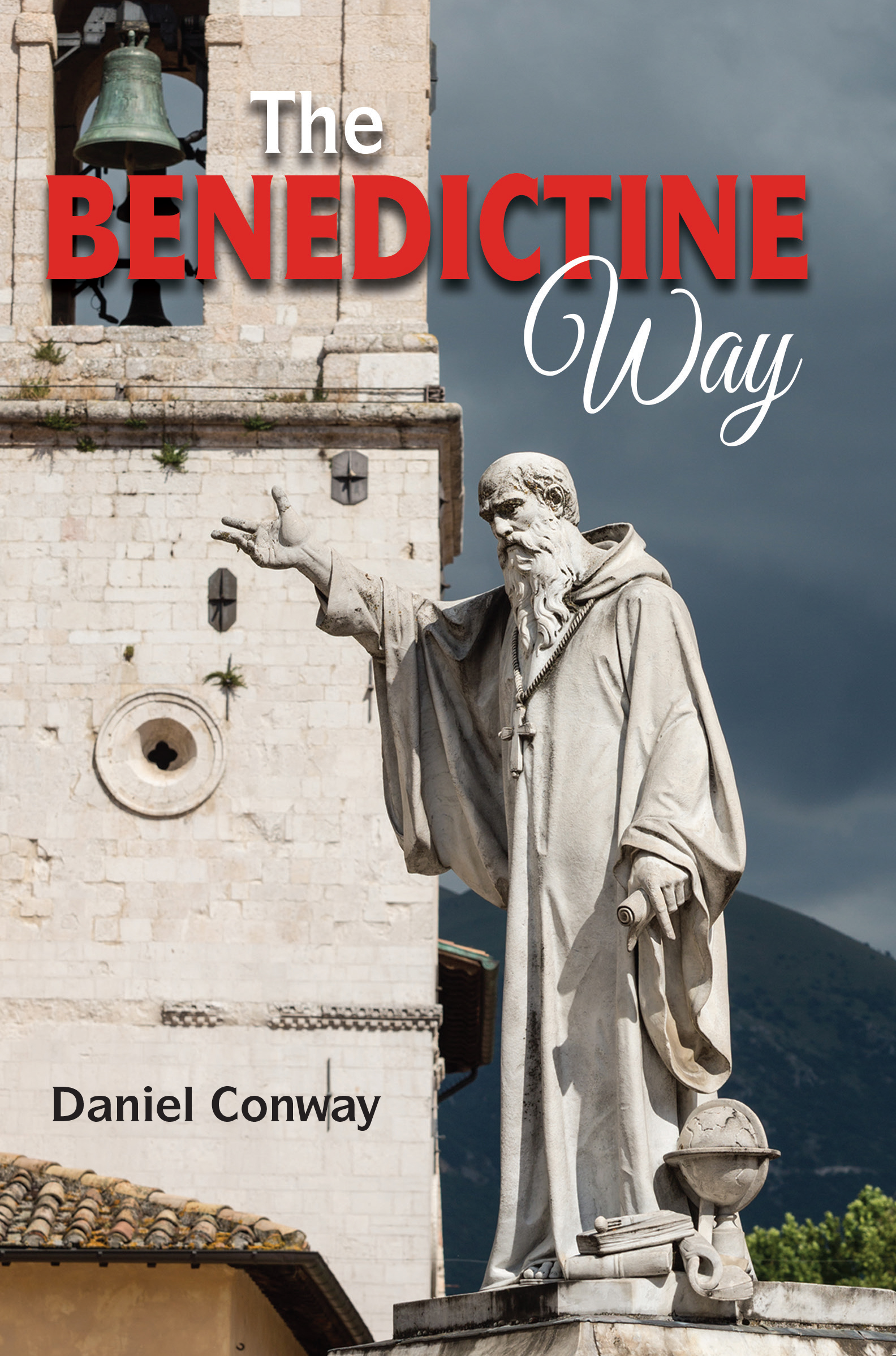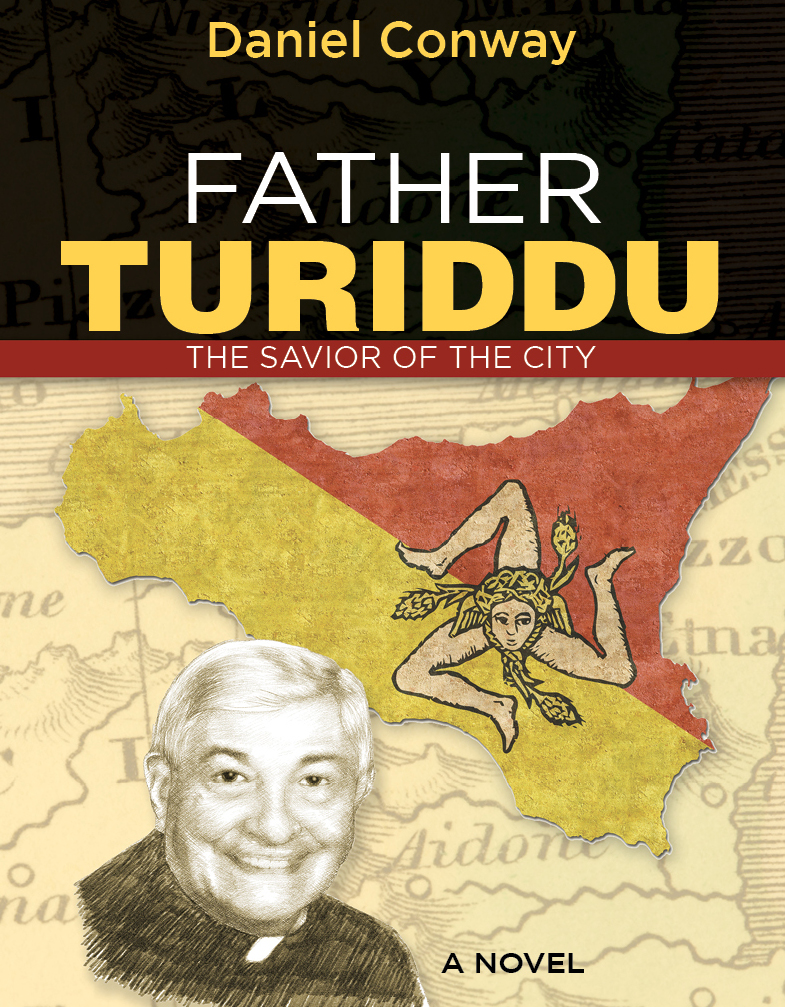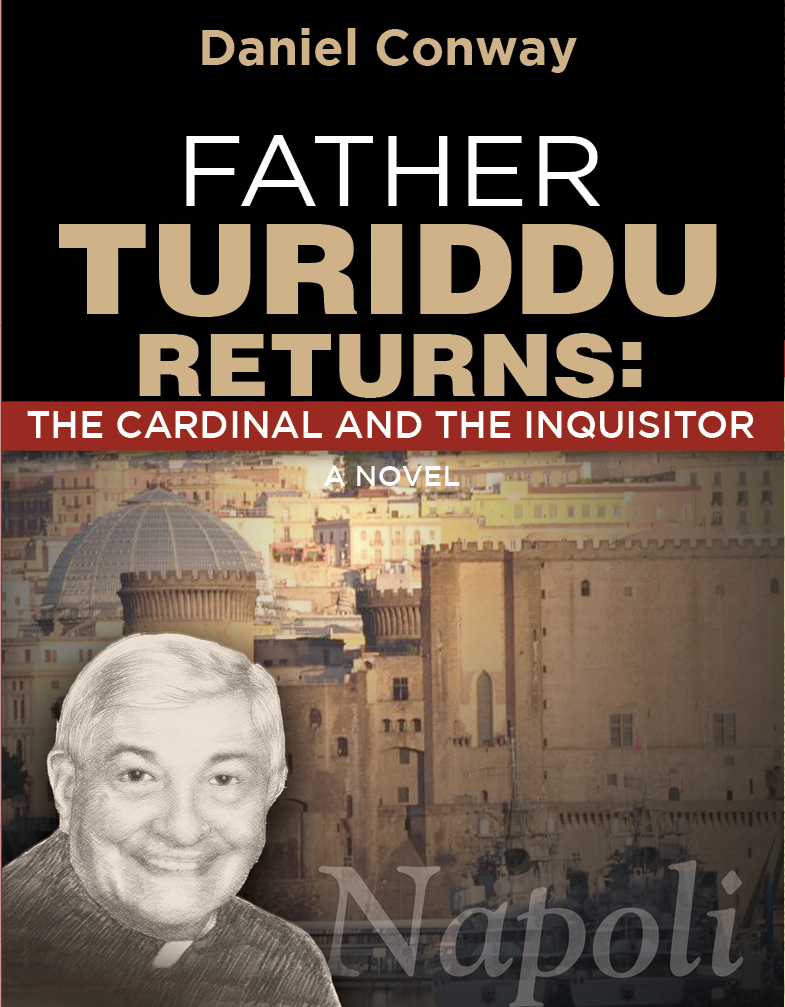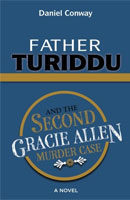Last fall, Cardinal Joseph W. Tobin wrote a series of articles on the then-upcoming presidential elections. The cardinal’s reflections took the teachings of the Church, and positions articulated by the U.S. Conference of Catholic Bishops (USCCB), and applied them to the “hot-button” issues being discussed during the campaign. These issues included:
- The ongoing destruction of over one million innocent human lives each year by abortion
- Physician-assisted suicide
- The redefinition of marriage—the vital cell of society—by the courts, political bodies, and increasingly by American culture itself
- The excessive consumption of material goods and the destruction of natural resources, which harm both the environment and the poor
- The deadly attacks on fellow Christians and religious minorities throughout the world
- The narrowing redefinition of religious freedom, which threatens both individual conscience and the freedom of the Church to serve
- Economic policies that fail to prioritize the poor, at home or abroad
- A broken immigration system and a worldwide refugee crisis
- Wars, terror, and violence that threaten every aspect of human life and dignity
With the election of Donald J. Trump as President of the United States, and with Republicans now in control of both the House of Representatives and the Senate, these and many other issues have taken on a new sense of urgency.
Where does the Church stand on these issues? Should Catholics in the United States be optimistic or alarmed at what the Trump administration has begun to do in its first days in office?
Cardinal Tobin’s articles repeated several times his conviction that “No candidate or political party fully represents the moral and social teaching of the Catholic Church.” As a result, the Church stands at neither end of the political spectrum. Or, if you prefer, we can say that the Church stands at both ends of the spectrum—firmly in defense of the dignity of all persons and proactively interested in peace, social justice and the common good. To learn the Church’s position on the nine issues noted above, consult the USCCB document, Forming Consciences for Faithful Citizenship, or re-read Cardinal Tobin’s columns leading up to the November 2017 elections.
The Church’s position on the actions of the Trump administration is not pro-Trump or anti-Trump. It is not bleakly fatalistic or naively optimistic. The Church stands by its principles—on the dignity of every human life, on religious liberty, on care for families, on universal healthcare, on welcoming strangers, on poverty and injustice, on care for all of creation, on peace and security for all nations and peoples.
To judge the actions of the Trump administration and the Republican-led Congress from the perspective of Catholic teaching, it’s essential that we develop both a thorough knowledge of Church teaching and a carefully considered understanding of what government leaders are trying to achieve with new laws and administrative actions. The worst thing we can do is to leap to the conclusion that everything is wonderful or that everything is awful.
During the 2016 campaign, as rhetoric grew more outrageous and inflammatory on all side, the American bishops offered the following words of caution:
Civil dialogue means that when speaking with others with whom we disagree:
- We should begin with respect.
- We should decide neither to degrade the persons, characters, and reputations of others who hold different positions from our own, nor spread rumors, falsehoods, or half truths about them.
- We should be careful about language we use, avoiding inflammatory words and rhetoric.
- We should not assign motives to others. Instead, we should assume that our family members, friends, and colleagues are speaking in good faith, even if we disagree with them.
- We should listen carefully and respectfully to other people.
- We should remember that we are members of a community, and we should try to strengthen our sense of community through the love and care we show one another.
- We should be people who express our thoughts, opinions, and positions—but always in love and truth.
If we can model Christ’s love in our civil dialogue, we can begin to change the negative climate in our country during this election season, and beyond.
Let’s heed the words of Pope Francis who reminded us recently in response to questions from journalists that, “Being afraid or rejoicing beforehand because of something that might happen is, in my view, quite reckless….We will see what he (Trump) does, and then we will judge—always on the concrete. Christianity is either concrete, or it is not Christianity.”
In the spirit of Pope Francis, let’s judge the Trump administration and the new Congress on the merits of their actions and not on the basis of rejoicing or fear.
Copyright © 2017, Daniel Conway Permission is given to copy and distribute this Good Steward Newsletter for use in religious or educational settings provided that proper attribution is given to the author. This publication may not be sold or distributed to the general public without the express permission of the author.


